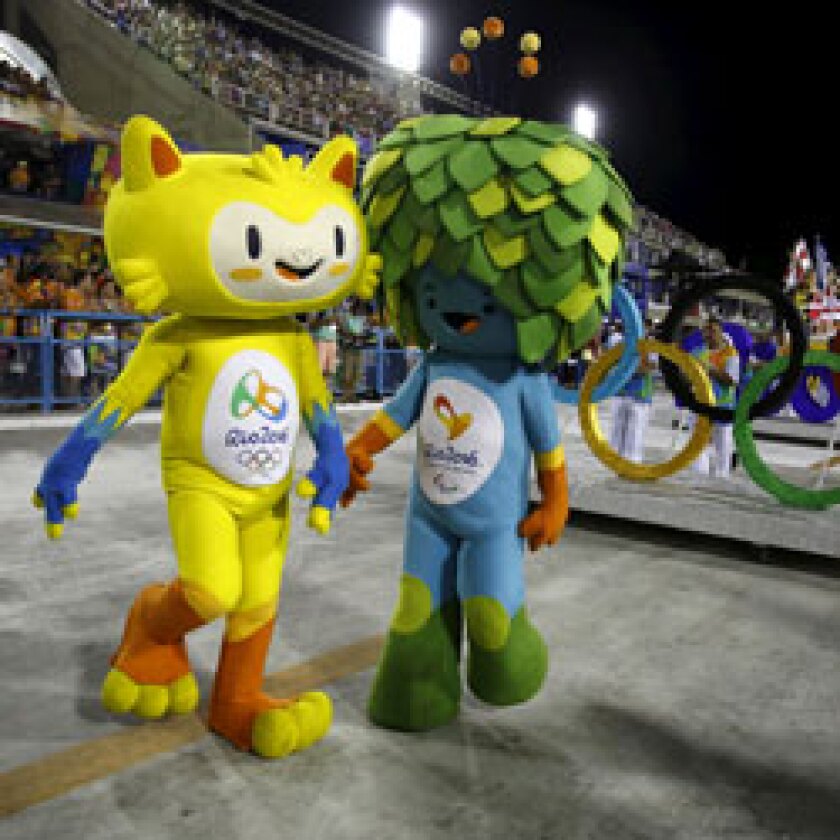Olympic fever has not yet reached Brazil with only half of the tickets sold for the Rio games, thanks to the deep political and economic crises engulfing Latin America’s largest economy.
Just 117 days before the games begin, there is little excitement in the country ahead of the 31st Olympiad.
Early hopes that the competition would boost the local economy have also been dashed, as they were during the 2014 Fifa World Cup — with the exception perhaps of the tourism industry.
“This is not a game changer,” said a São Paulo-based executive with a long experience in Brazil, as the country may suffer a 4% recession in spite of the Olympics.
The executive nonetheless predicts that the long agony over the preparation of the competition will end well, in spite of recent reported delays in the construction of the velodrome, for instance.
The games are due to cost BRL39.1bn ($10.5bn), according to Brazil’s Olympic public authority, including BRL7.4bn for the organisation committee alone. The official figure compares with BRL27.1bn for the 2014 World Cup.
DILMA DOUSES FLAME
President Dilma Rousseff has failed to show great enthusiasm towards the games, declining to fly to Olympia in Greece to attend the flame lighting ceremony on April 21. This would happen just four days after the lower house votes on her proposed impeachment.
Rousseff did not mention the political crisis, but officials have said that she would rather travel to New York to attend the UN general assembly and sign the Paris COP21 agreement on climate change on that date, than go to Greece.
The political crisis has caused pro- and anti-Rousseff demonstrators to take to the streets of Brazil, including in Rio de Janeiro itself. Although there were a few demonstrations during the World Cup the tension is now much stronger.
Epidemics such as Zika and the H1N1 flu, which killed 70 people in the country during the first quarter of the year, may also spoil the Olympics party.
On the ground, there is also concern over public transportation, as the new metro line to link the main (but remote) Olympic sites with the rest of the city is unlikely to be be finished by August.
Then there is the lingering suspicion about corruption after recent allegations that the construction of some World Cup stadiums two years ago involved the payment of bribes — including stadiums built by Odebrecht, a company that has played a prominent role in the Petrobras corruption scandal.
